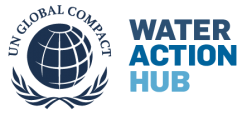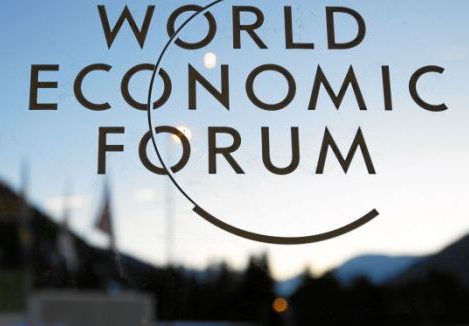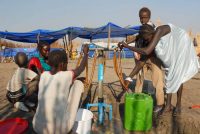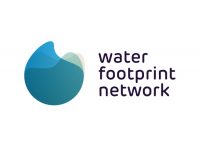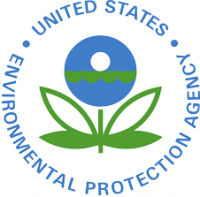Primary Functions
-
Understand how companies can engage to improve WASH access.
Detailed Description
Key Discussion Points
- If we look at one issue, we must weave in the others – WASH is no exception. SDGs are interconnected and most require WASH to be successful. More than 800 children die each day due to diarrhea, for example, and lack of access to WASH can cause malnutrition and stunting, in addition to diminishing a child’s ability to learn, particularly for girls. There are nearly 663 million people with no access to clean water, and approximately 1 billion people practicing open defecation globally.
- The WASH community should connect with other efforts, such as Scaling Up Nutrition (SUN) and programs on girls education. Next year we should combine this event with the annual SUN breakfast.
- There are multiple ways businesses can engage in WASH. These include: emphasizing WASH across their supply chains (including facilities for their workers and separate facilities for women); advocating to governments (for example: join Sanitation and Water for All, enhance national financing); shaping products and services to local needs; and, engaging in public-private partnerships. They should also be encouraged to sign-up to WBCSD’s WASH at the workplace pledge – which reaches 2.2 million employees worldwide. We need to be cautious not to duplicate efforts.
- WASH services cannot be provided without business and must be implemented in them. Businesses apply standards, face reputational risks from not providing services, and can yield high returns if they do. For every $1 invested there is a return of $4, on average, which contributes to the decrease of waterborne diseases among the workforce resulting in reduced absenteeism and increased productivity. Conversely, a lack of investment is causing a decrease of 2-6% in GDPs in Africa and Asia. Efforts must flow through supply chains and communities.
- The work of the United Nations and World Bank Group’s new High Level Panel on Water needs to include WASH services for all. The HLP also needs to have direct engagement with the private sector and we need to push for inclusion of this point into the Terms of Reference (TORs), possibly through the Deputy Secretary-General and/or World Economic Forum. A formal endorsement by the HLP on WASH4Work should considered as well.
- Efforts of the Global Commission on Business and Sustainable Development will also feature WASH.
- If efforts to provide WASH services are going to work, we need to get it right in India, where half of the 1 billion people defecting in the open live. Prime Minister Narendra Modi has launched a trisector effort to get everyone involved, and has a program whereby 2% of every company’s revenues (an estimated $3.5 billion this year) needs to be given to Corporate Social Responsibility efforts, but actions need to be coordinated and focused. Global citizenship, behavior change, social activation and scale are key. One effort currently underway is encouraging school children to get involved and address the issue with their parents. Global Poverty Project is planning to host concert in India this year which will be important for social activation and accountability.
- There is tremendous momentum around innovation, but we need to avoid an innovation bottleneck where good ideas are not scaled because there are too many. Should scale what is already working.
- Behavioral change is crucial and is linked to culture and the way people think about things. One challenge is the lack of an ecosystem around educating people on why WASH is important, and entrepreneurs can play a role.
- Messaging is important. “Fecal sludge management”, for example, is very hard to campaign for. Need to figure out what messages resonate with various audiences and stop “sanitizing sanitation”. Messaging is often complex, opaque and hides elements, though need to be careful to not simplify the issue. Talking about toilets is more effective. It feels like a different agenda when personal stories are shared as it makes the issue relatable. DFID has done a good job connecting people in UK with people in developing countries. Their strategy is to focus on the girl instead of the issue. SWA welcomes suggestions on what will be most productive to work on and language to use.
- USAID will work on integrating WASH into efforts on other sectors to enhance the numbers of companies working on the issue.
- Working with the UN can be complicated and fragmented. A more coordinated approach would be useful for the private sector.
